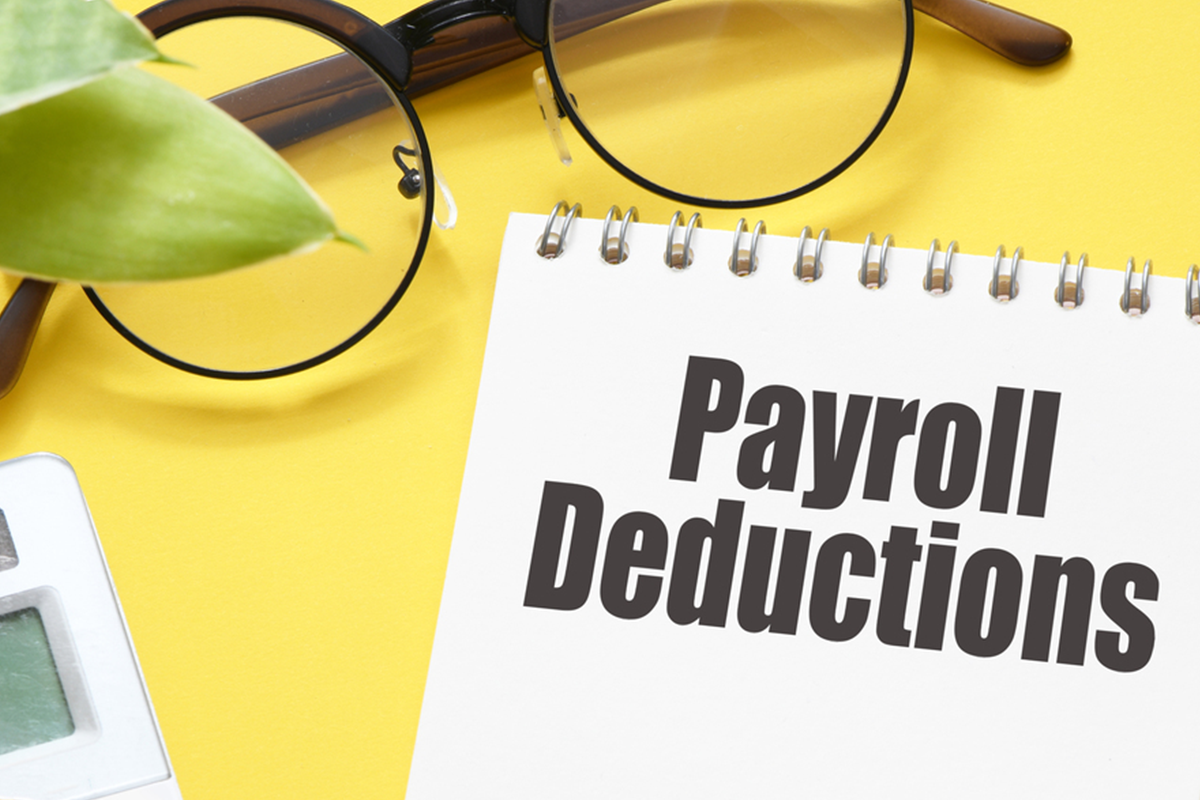
-
Posted By Sirmabekian
-
2025
-
0 Comments
Employees expect to receive their full earnings, yet some experience illegal payroll deductions that reduce their pay unfairly. While certain deductions are lawful, others violate labor laws and deprive workers of their rightful wages.
Recognizing the distinction between legal and unlawful payroll deductions helps employees protect their income and take appropriate action when necessary.
The Basics of Legal Payroll Deductions
Employers are allowed to withhold specific amounts from an employee’s paycheck under certain conditions. Legal deductions include federal and state tax withholdings, Social Security contributions, and court-ordered wage garnishments.
Employees may also agree to voluntary deductions for health insurance, retirement plans, charitable donations, or union dues. These lawful withholdings must be properly documented, and employees should receive a clear breakdown of their deductions on every paycheck.
What Qualifies as an Illegal Payroll Deduction?
An employer cannot deduct wages without a valid authorization or legal justification. Illegal payroll deductions include withholding pay for workplace mistakes, damaged equipment, or customer theft.
Employers also cannot deduct wages as punishment or reduce final paychecks without the employee’s approval. Any deduction that reduces a worker’s earnings below minimum wage is unlawful. Employees should review their pay statements closely to identify any unauthorized withholdings.
Common Unlawful Deduction Practices
Some employers make improper deductions that violate labor laws. Withholding wages for uniforms, tools, or training without consent is illegal. Deducting wages for cash register shortages or other business losses is also unlawful.
If an employer makes deductions for reasons unrelated to taxes or benefits without written approval, the employee may have grounds to take legal action. Keeping records of all pay statements can help identify patterns of wage violations.
Steps to Take if You Notice Unlawful Deductions
Workers who suspect their employer is making improper deductions should act quickly. The first step is to review pay statements and any employment agreements to determine if the deduction was authorized. If a mistake has occurred, discussing the issue with the employer may lead to a resolution.
However, if the employer refuses to correct the issue, legal assistance can help recover lost wages.
When to Contact an Employee Lawyer
Repeated wage deductions that violate labor laws should not be ignored. Consulting an employee lawyer can help workers become more familiar with their rights and explore legal options.
An attorney can evaluate the case, determine if violations have occurred, and take the necessary steps to recover unlawfully deducted wages. Employees should not hesitate to look for legal support when their earnings are at risk.
Filing a Complaint Against Your Employer
As a worker, you have the right to report your employer to the labor board if payroll deductions violate labor laws. Filing a complaint can trigger an investigation, potentially leading to wage recovery and employer penalties.
Reporting violations not only helps the affected worker but also protects others from experiencing similar wage theft. Employees who take action send a strong message that unlawful payroll practices will not be tolerated.
Sirmabekian Law Firm: Protecting Employees from Wage Violations
Sirmabekian Law Firm fights for employees facing unlawful payroll deductions and wage violations. Every worker deserves fair treatment and full compensation for their labor.
When employers make improper deductions, we take swift legal action to hold them accountable. Our extensive experience in employment law allows us to pursue justice for workers who have been wrongfully denied their earnings.
If you have experienced improper payroll deductions, we are ready to assist. Our team is dedicated to defending employee rights and recovering lost wages. Reach out to us today to discuss your case and explore your legal options.
 English
English Spanish
Spanish